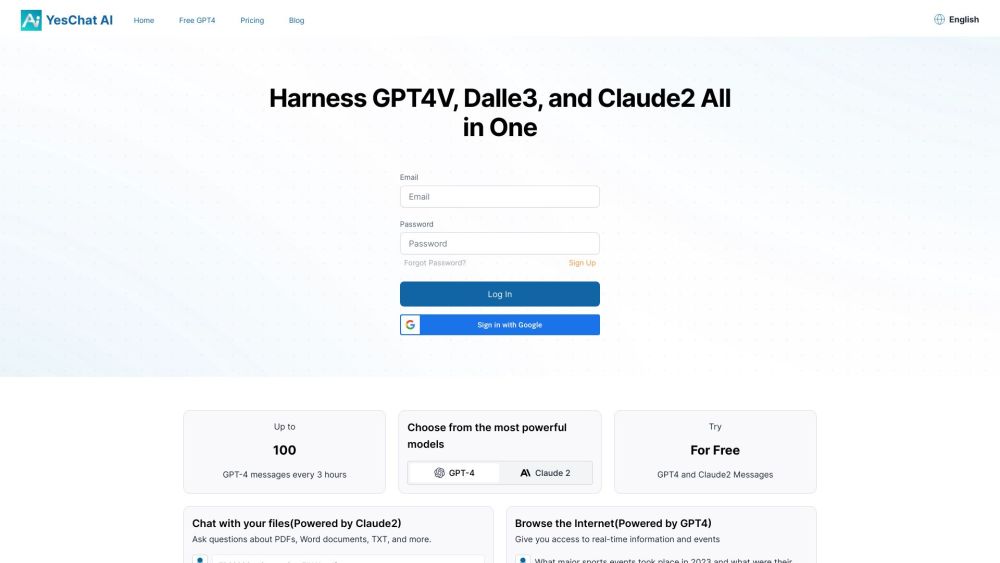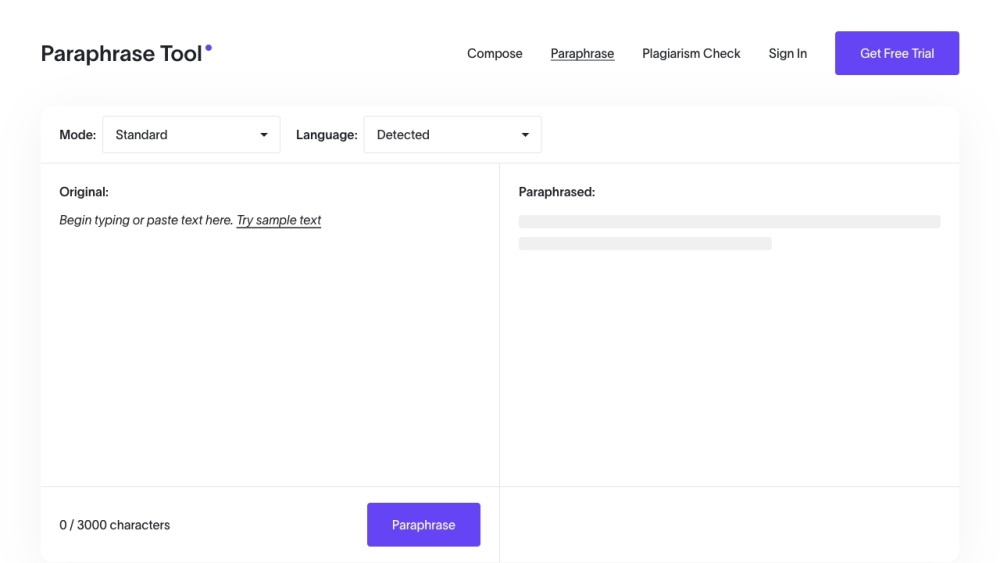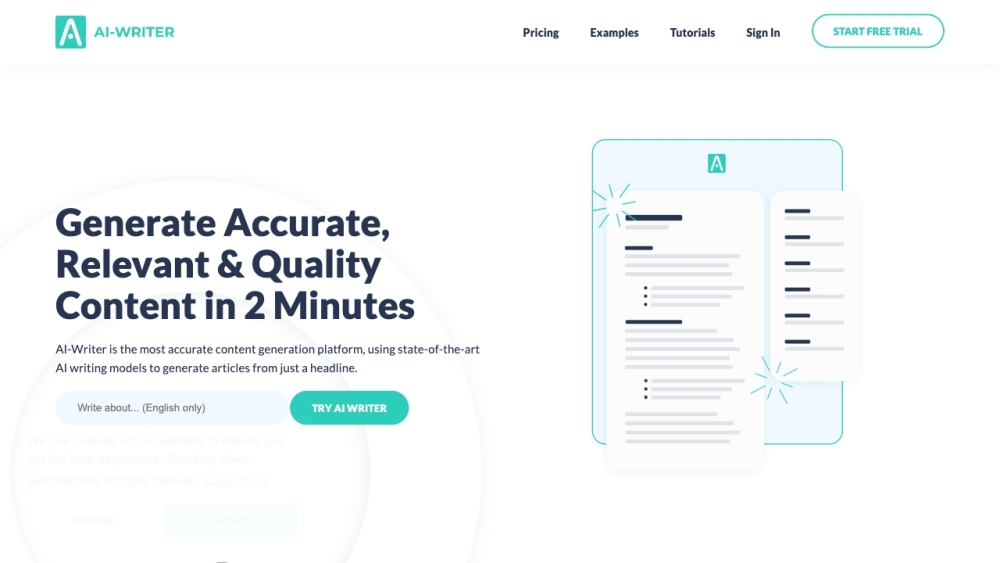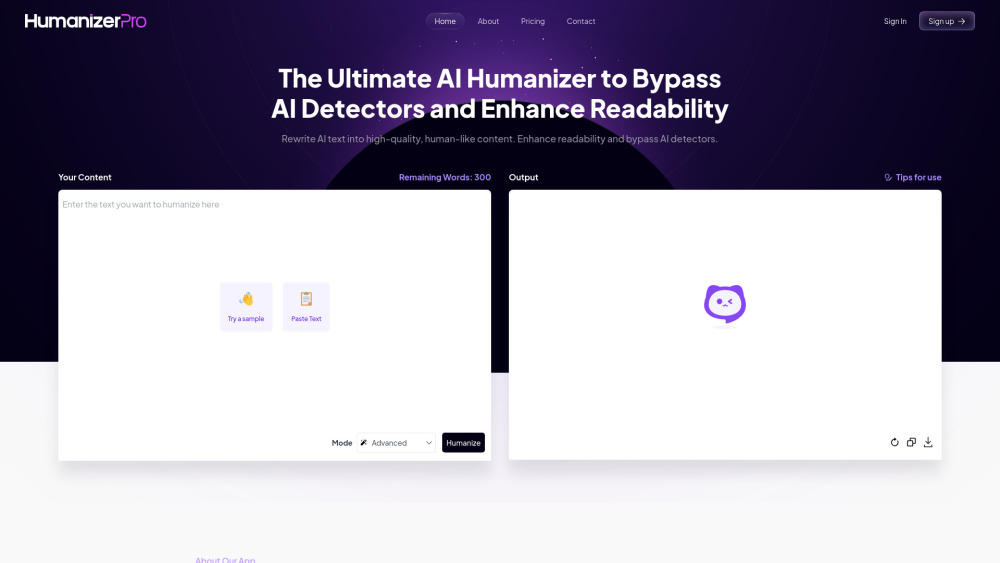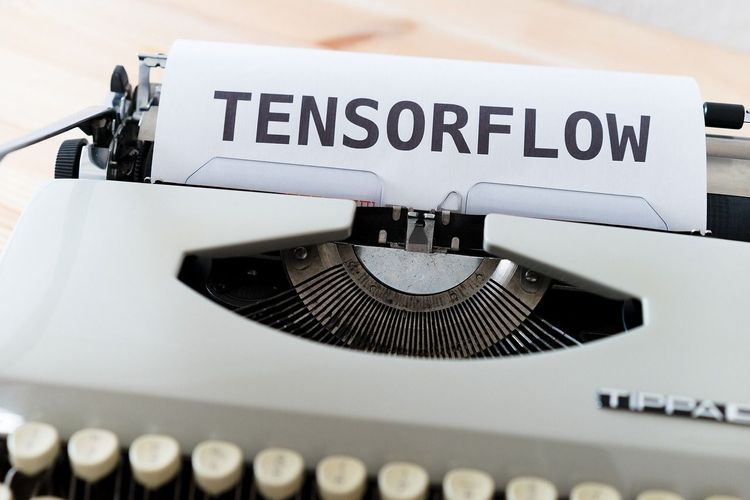The Nobel Prize in Chemistry has been awarded to three scientists today, including two key figures from Google DeepMind, for their groundbreaking work on proteins, often referred to as the “chemical tools of life.” DeepMind CEO Demis Hassabis and senior research scientist John Jumper received the prize for developing the open-source AlphaFold2 AI model, which accurately predicts the structure of human proteins. According to the Nobel committee at the Royal Swedish Academy of Sciences, their model can predict the structure of nearly all 200 million proteins identified by researchers.
David Baker, the third laureate, is recognized for his achievements in computational protein design. Notably, Baker designed an unprecedented new protein in 2003 and has since created proteins used in pharmaceuticals, vaccines, nanomaterials, and miniature sensors.
Nobel chemistry committee chair Heiner Linke highlighted the significance of this year's discoveries, stating, “One is about constructing remarkable proteins, while the other fulfills a 50-year-old dream of predicting protein structures from their amino acid sequences. Both discoveries open vast possibilities.”
The practical applications of AlphaFold2 are extensive, aiding researchers in understanding antibiotic resistance and developing enzymes for plastic degradation. Work that traditionally required years of effort can now be completed in just a few minutes, thanks to the contributions of this year’s chemistry laureates.
Notably, the influence of artificial intelligence has also been apparent in this year's Nobel honors, as the Nobel Prize in Physics was awarded yesterday to two scientists foundational in AI development. This decision, however, has sparked criticism from some in the physics community who believe the award was misplaced. Geoffrey Hinton, one of the awardees and widely regarded as a “godfather of AI,” remarked that if a Nobel Prize existed for computer science, their work would fit more aptly within that category.
